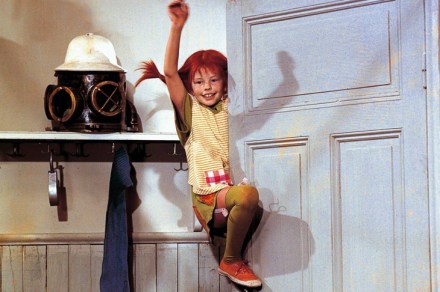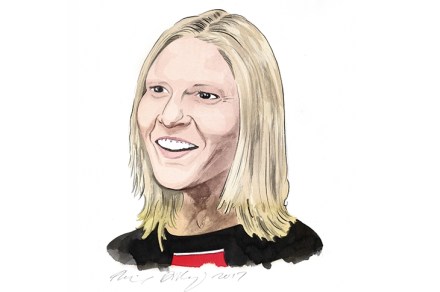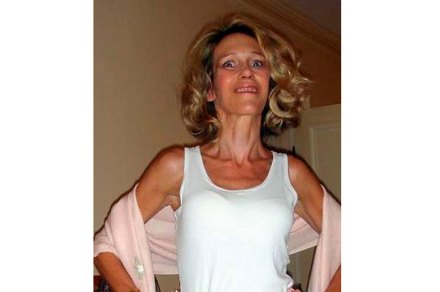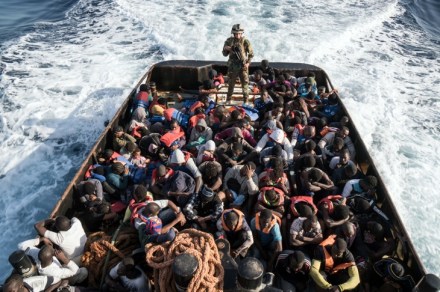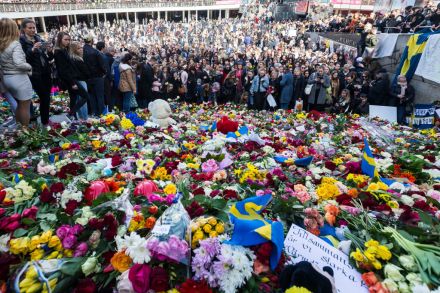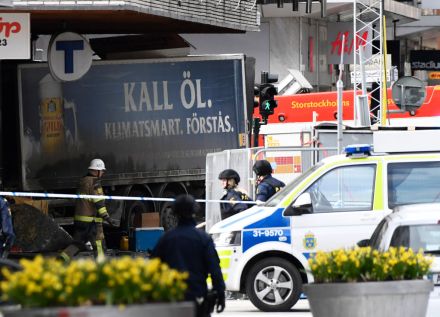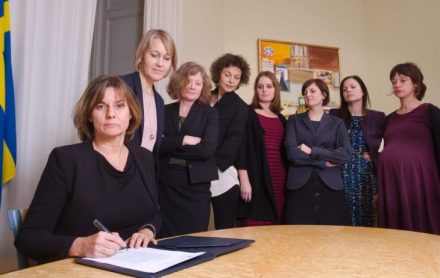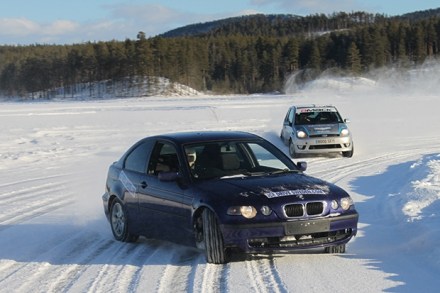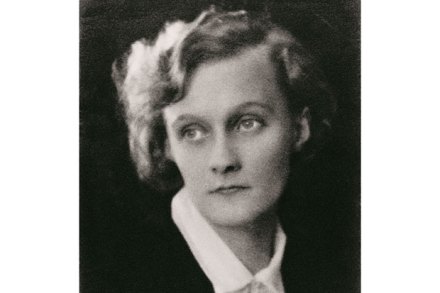Sweden vs England: the agony of the Nelson household
At 3pm tomorrow, a thin blue line will be drawn across my living room. My wife will be supporting her motherland, Sweden. I’ll be rooting for my adopted country, England. We’ll have food and drink from both countries on either side – but the question is who gets custody of the kids for those 90 minutes. It’s a harder question than I had thought. Alex, 10, and Dominic, 8, are – in my opinion – as English as Y-fronts and Tizer. Born and bred. They go to an English state primary school, have English friends, but they don’t seem at all torn about wanting England to lose. So I thought




